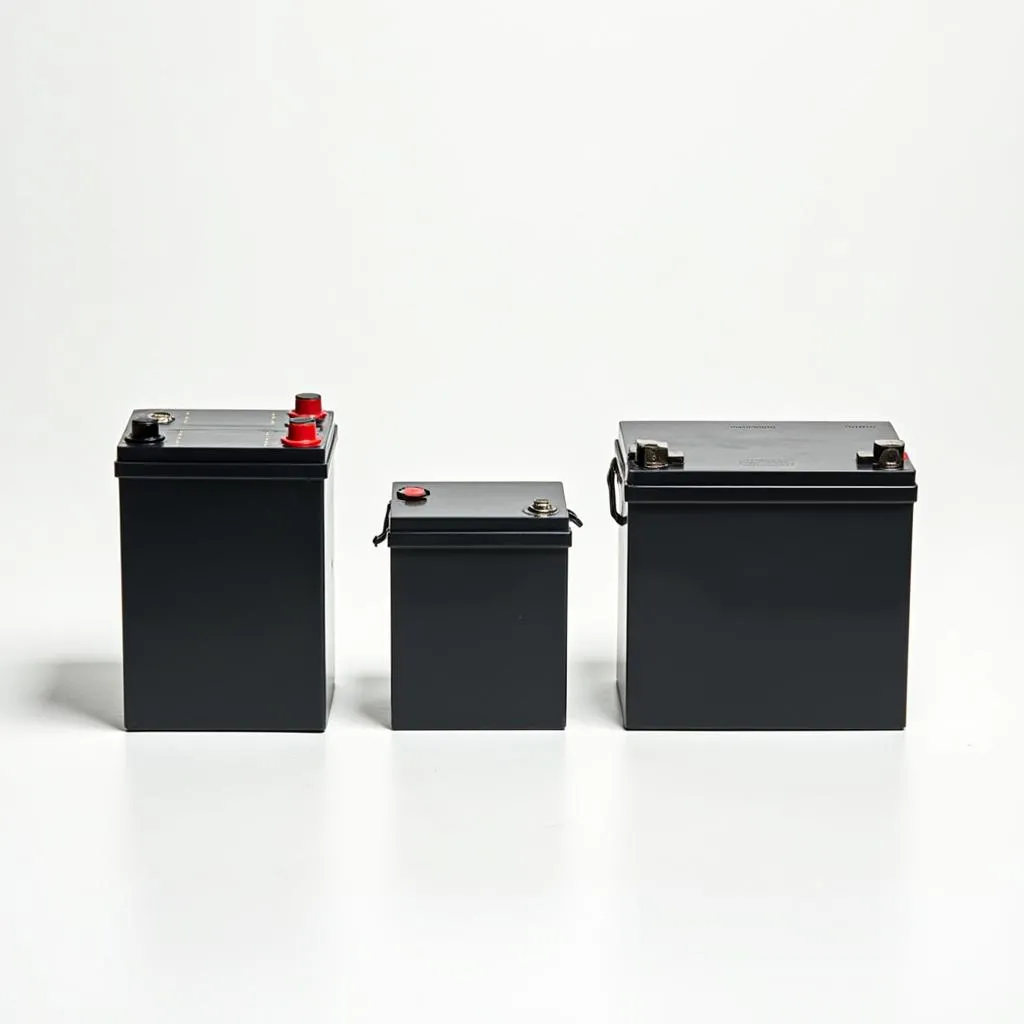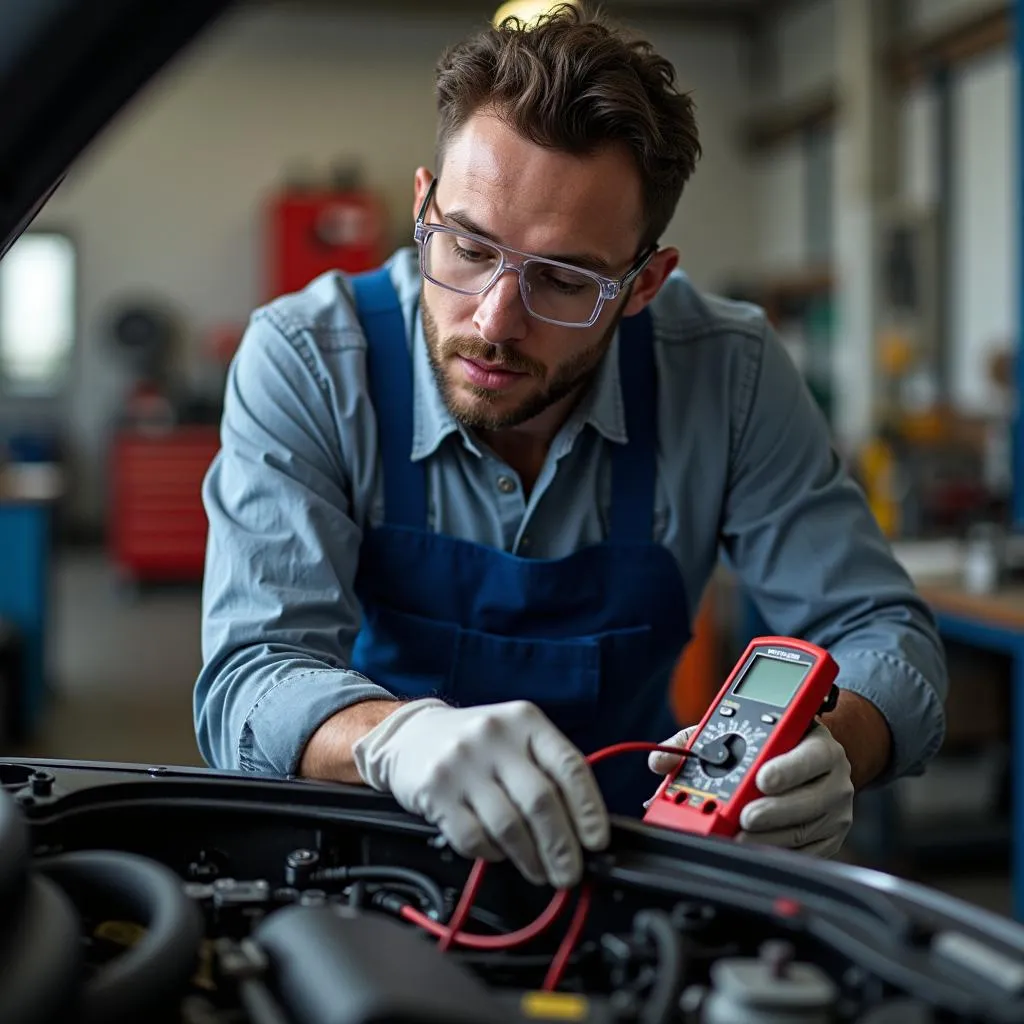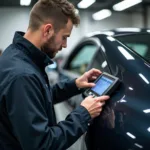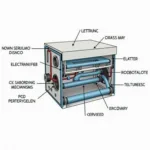Increasingly, they are seen on the roads: electric cars, powered by high-performance lithium-ion batteries. But what about owners of older vehicles still equipped with a conventional lead-acid battery? Can you simply swap the lead-acid battery for a lithium-ion battery? And if so, is the switch worth it at all?
The Difference Between Lead-Acid and Lithium-Ion Batteries
Before we address the question of swapping, let’s first look at the differences between the two battery types. The classic lead-acid battery, as the name suggests, is based on lead. Lithium-ion batteries, on the other hand, use lithium compounds as the electrolyte. This difference in chemical composition brings several significant advantages for lithium-ion technology:
- Higher energy density: Lithium-ion batteries can store significantly more energy for the same volume than lead-acid batteries.
- Lower weight: A lithium-ion battery is many times lighter than a comparable lead-acid battery.
- Faster charging times: Lithium-ion batteries can be charged much faster than lead-acid batteries.
- Longer lifespan: Under the same load, a lithium-ion battery lasts significantly longer than a lead-acid battery.
 Comparison of a lithium-ion battery and a lead-acid battery
Comparison of a lithium-ion battery and a lead-acid battery
Considering the Swap: Advantages and Challenges
Given the many advantages of lithium-ion batteries, the idea of simply replacing the old lead-acid battery in the car is appealing. Indeed, this is possible in some cases, but not always straightforward.
Advantages of swapping:
- Weight reduction: Swapping the heavy lead-acid battery for a lighter lithium-ion battery can reduce vehicle weight. This can have a positive effect on fuel consumption and driving dynamics.
- Improved starting performance: Lithium-ion batteries provide high starting power even in cold temperatures.
- Space gain: Using a smaller lithium-ion battery can free up space in the engine compartment for other components.
Challenges of swapping:
- Compatibility: Not every vehicle is designed to operate with a lithium-ion battery. The vehicle’s electronics must be compatible and may need to be adapted.
- Cost: Lithium-ion batteries are more expensive to purchase than lead-acid batteries.
- Safety aspects: Handling lithium-ion batteries requires special safety precautions, as they can pose a safety risk in case of failure.
Is Switching to a Lithium-Ion Battery Worth It?
Whether switching to a lithium-ion battery is worth it depends on various factors, such as:
- Vehicle type: For older vehicles, upgrading to a lithium-ion battery can be complex and costly. For newer vehicles already designed for operation with lithium-ion batteries, the swap is generally simpler.
- Driving profile: Those who frequently drive short distances and thus put a heavy load on the battery can benefit from the longer lifespan and faster charging times of a lithium-ion battery.
- Budget: Replacing a lead-acid battery with a lithium-ion battery involves higher costs.
 Car mechanic inspecting a car battery
Car mechanic inspecting a car battery
Conclusion: A Decision with Many Facets
The decision of whether to swap a lead-acid battery for a lithium-ion battery is not a one-size-fits-all question. It’s important to consider individual needs and circumstances. Anyone interested in a swap should consult an experienced car mechanic.
Need more information about car batteries or other services for your vehicle? Feel free to contact us via our website autorepairaid.com. We are here to assist you!

